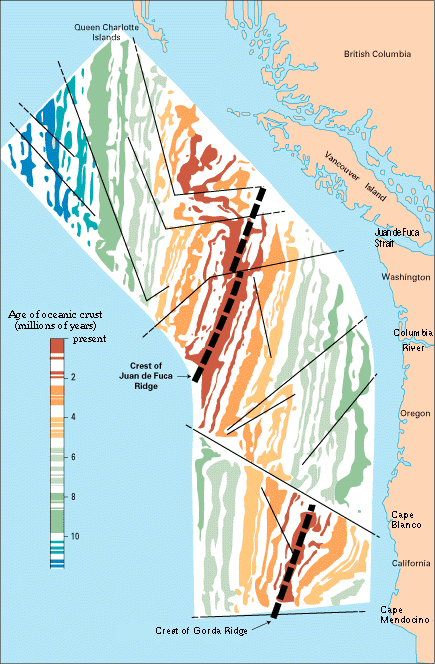The average life expectancy has risen rapidly with the onset of modern neonatal care and petro-economy farming. If Lost really wanted to see why that makes a difference (and I'm not convinced Lost actually cares judging by the level of research ) a quick google will supply the needed info. Even in medieval times average life expectancy was low but if you survived childhood , wars and major plagues your life expectancy wasn't too bad (plenty of people made it into their 70s and 80s.) There have been times of population explosion (animals experience the same thing) but these are driven by multiple factors from the land's carrying capacity (how much food it can produce), social conditions (war, economic security, cultural expectations etc.) through to environmental pressures (plagues, intermittent rainfall, how much land has been cleared for farming.) Population explosion always moderates when another factor comes into play (simplistically exceed the carrying capacity of the land = famine, live too closely = communicable disease, surplus people and insufficient resources = war, women's education and rights = family planning etc.)
In short, lots of factors conspire to modify the birth and death rates in local places. Populations grow when conditions are right and decline when they aren't. There is no formula you can blithely apply to all mankind and come out with an expected global population.
Case study: Britain. This planet, and Britain in particular was only exiting an ice age that rendered much of the land's surface unfarmable some 10000 years ago.Britain was covered with thick forest which man started to clear about 5500 BP (before present = 3500 BC) and by 2500BP they had managed to clear half of the land. All that effort produced relatively small amounts of farming land that could support small communities who relied largely on hunter gatherer lifestyles until the Romans introduced larger urban centres and better farming. Farming still remained important but not spectacular and up until the 17th centuary , under 3 field crop rotation, land lay fallow 1 year in 3 across the whole country. In 1730 onwards the British agricultural revolution gradually increased crop yields by 30% and this coincided with the industrial revolution, better medicine, more jobs and much closer living conditions. What drove population growth though? Social change. People married earlier, had more affairs (movement to cities and towns often broke concepts of rural community morality), earned money earlier, didn't serve as many 7 year agricultural apprenticeships and so produced more children (they married 3 years earlier on average and had 6% children out of wedlock up from historical 2% rates). The food, jobs, Poor Law (reducing starvation for the poorest), Benthamite public services, amenities and homes merely provided means to avoid Malthusian predictions of population collapse. During this time (1700 - 1800s) life expectancy rose from 33 to 38 and by 1860 was at 40. Also a very young population became critical to the industrial revolution and so the larger a family the more wage earners there were. This all together caused a doubling of the British population.


